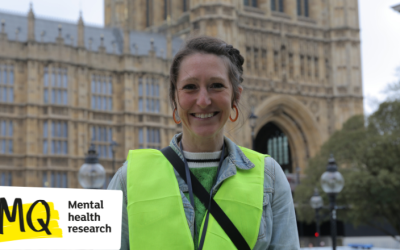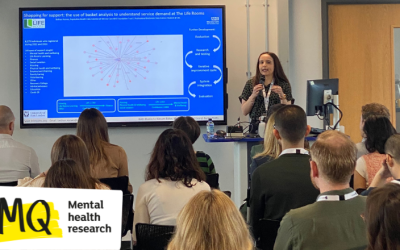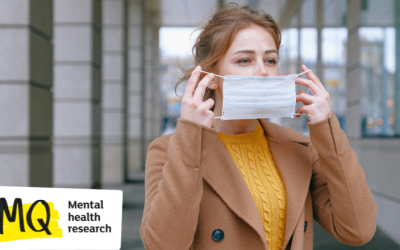Stress is an inevitable part of life. We all experience it at some point, but the good news is that there are many ways to reduce it. So since it’s Stress Awareness Month, MQ is offering you some practical tips for reducing stress.
1) Identify the source of your stress
The first step to reducing stress is to identify the source of it. Is it work-related, relationship-related, or health-related? Once you know the source, you can take steps to address it. For example, if work is causing you stress, you could speak to your manager about workload or work-life balance.
2) Practice relaxation techniques
Relaxation techniques can be an effective way to reduce stress. There are many different techniques you can try, such as deep breathing, progressive muscle relaxation, or meditation. Find the technique that works best for you and make it a regular part of your routine.
3) Get regular exercise
Exercise is a natural stress reliever. It releases endorphins, which are feel-good chemicals that can boost your mood and reduce stress. You don't have to go to the gym to get exercise. A simple walk or bike ride can do wonders for your stress levels. Try just 10, 20 or 30 minutes a day and see how it feels.
4) Get enough sleep
Sleep is crucial for both physical and mental health. Lack of sleep can increase stress levels and make it harder to cope with stress. Aim for at least seven hours of sleep per night and establish a relaxing bedtime routine. Sleep is one of our baseline needs and prioritising it can have a hugely positive effect.
5) Connect with others
Social support is important for reducing stress. Talking to a friend or family member about your stress can help you feel less alone and provide you with a different perspective. If you don't have anyone to talk to, consider joining a support group or seeking help from a mental health professional. MQ can recommend the Hub of Hope as an app – run by Chasing The Stigma - to help you find mental health support in your area.
6) Practice self-care
Self-care is perhaps an overused phrase in 2023 but worth exploring what it means to you as it can be an essential part of stress management. Take time to do things you enjoy, such as reading, taking a bath, or listening to music. If those things don’t appeal to you, try noting down things that do help you connect to yourself. Perhaps it’s drawing, writing, dressing up, cooking, reading comic books, doing sudoku, playing video games, painting Warhammer models… whatever it is, if it helps you feel more aligned to your authentic self, then that’s self-care. It's important to prioritise your own needs and take care of yourself both physically and emotionally. And learning what that means is a vital step. Self-care means finding those activities that nurture your relationship with yourself, like taking yourself on a date, a You Date. So go on, treat yourself.
7) Avoid unhealthy coping mechanisms
It’s absolutely human and normal and natural to want to use less than healthy coping mechanisms when we're stressed. Whether it’s food, alcohol, drugs or something less obvious like “using” friends to emotionally dump or quick fix activities to dissociate, all of these will paper over cracks, while potentially putting strain either on your body or relationships. So, while these may provide temporary relief, they can actually make stress worse in the long run. Instead, try to find healthy ways to cope with stress, such as the other points suggested in this article.
Stress is a common part of life, but it doesn't have to override us. With some gentle efforts towards the above suggestions, we can reduce our stress levels and live a healthier, happier life. So here’s to a stress-free Stress Awareness Month.



